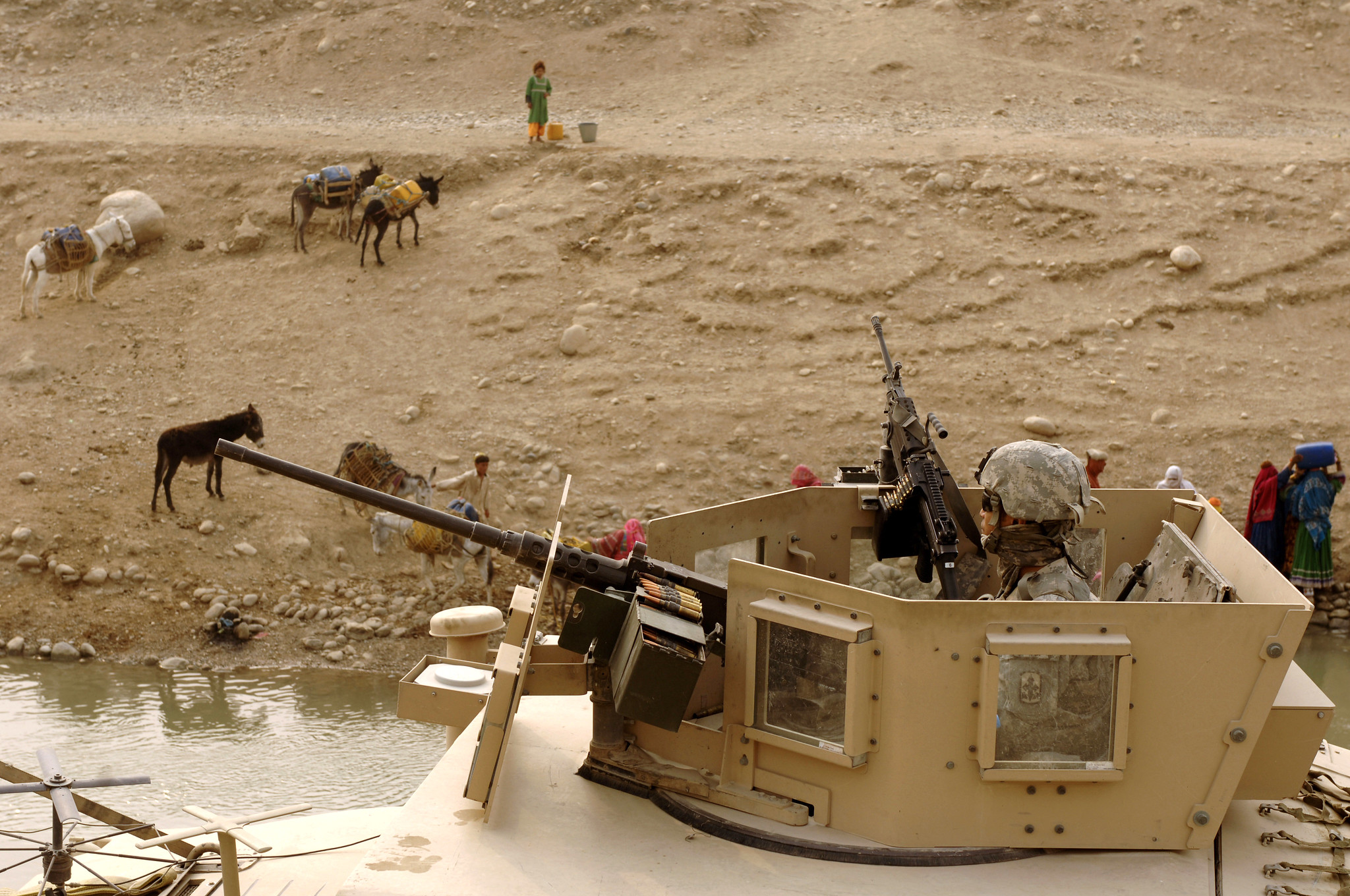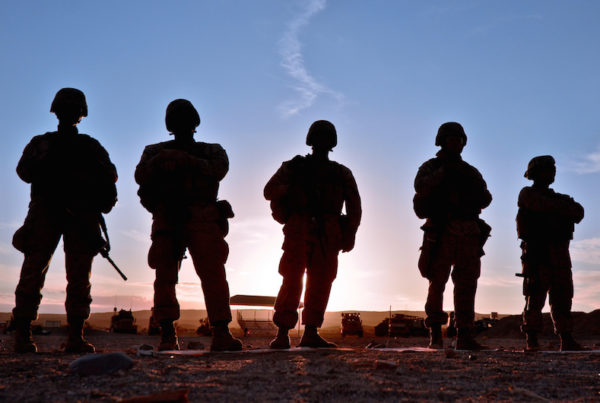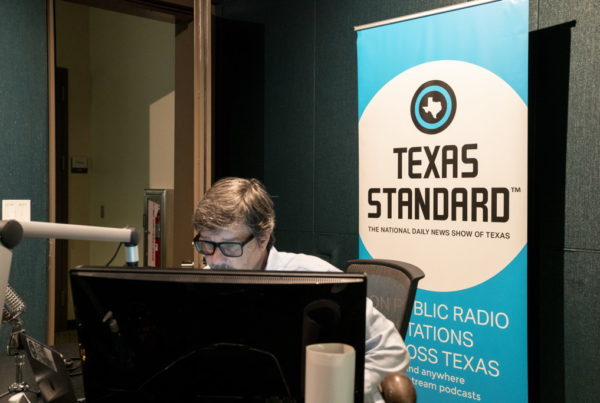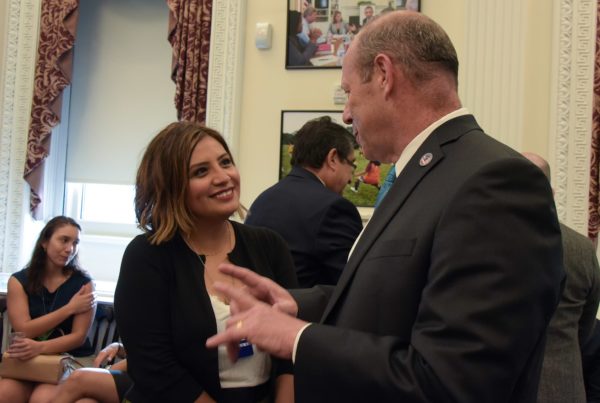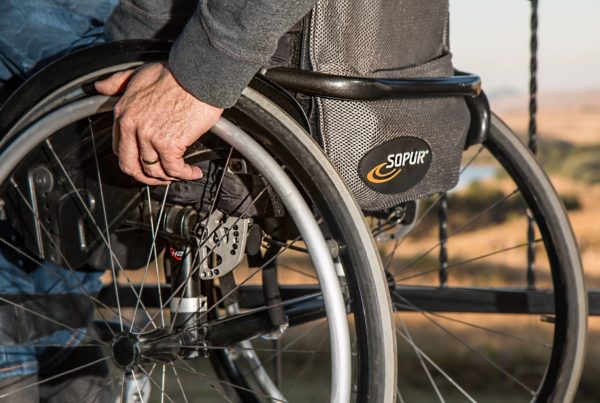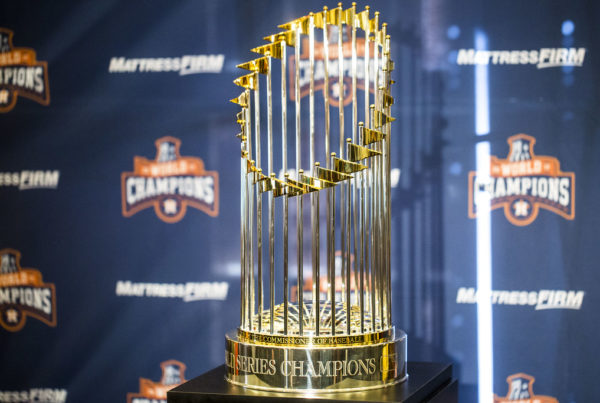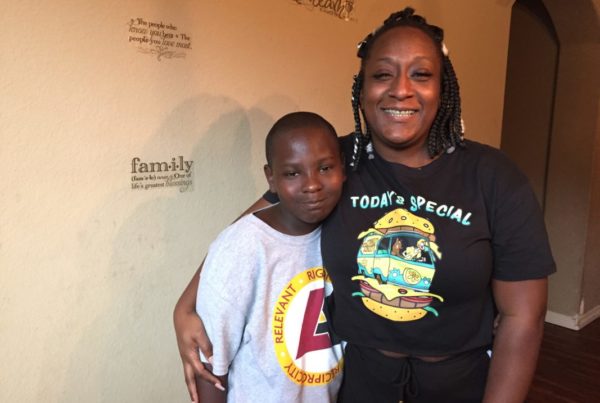On Friday, President Donald Trump pardoned Army 1st Lt. Clint Lorance, who was in the middle of serving a 19-year sentence for ordering his platoon to shoot a group of unarmed civilians in Afghanistan. Speaking on Fox News after the pardon, Lorance, a Texan, looked directly into the camera and told President Trump, “I love you, sir.”
Trump also recently pardoned an Army Special Forces officer who was charged with the murder of an unarmed Afghan civilian he suspected was making a bomb. And he canceled the demotion of a Navy SEAL who was convicted of committing a war crime against a teenage ISIS fighter in Iraq.
Geoffrey Corn is a law professor at South Texas College of Law in Houston, and a retired Army officer. He says Trump went against the advice of top military officials by granting these pardons.
“If we trust our commanders with the lives of our sons and daughters, then we need to trust them when they make disciplinary decisions, especially related to battlefield misconduct,” Corn says.
Corn says Trump’s pardons are a more provocative gesture than commuting a prison sentence, which is what President Barack Obama did for former Army soldier Chelsea Manning, who leaked classified military documents. Corn says Trump’s actions are interrupting an established military justice process.
“A pardon absolves these individuals, and in one case, absolved an individual who had not even faced trial yet, who may very well have been acquitted by a military jury,” Corn says.
And the pardons have played well with the president’s political base.
“People who find this appealing don’t truly understand why it’s important to hold service members accountable when they breach these obligations,” Corn says.
He says it sends a confusing message to the numerous other service members who risk their lives while following rules related to battlefield conduct.
On the other hand, as commander-in-chief, Trump has the legal authority to grant pardons to members of the military and others. But Corn says he took this power too far with these recent pardons.
“One of the most important principles I teach my students … is that just because something’s legal doesn’t mean it’s always right,” he says.
Written by Caroline Covington.


